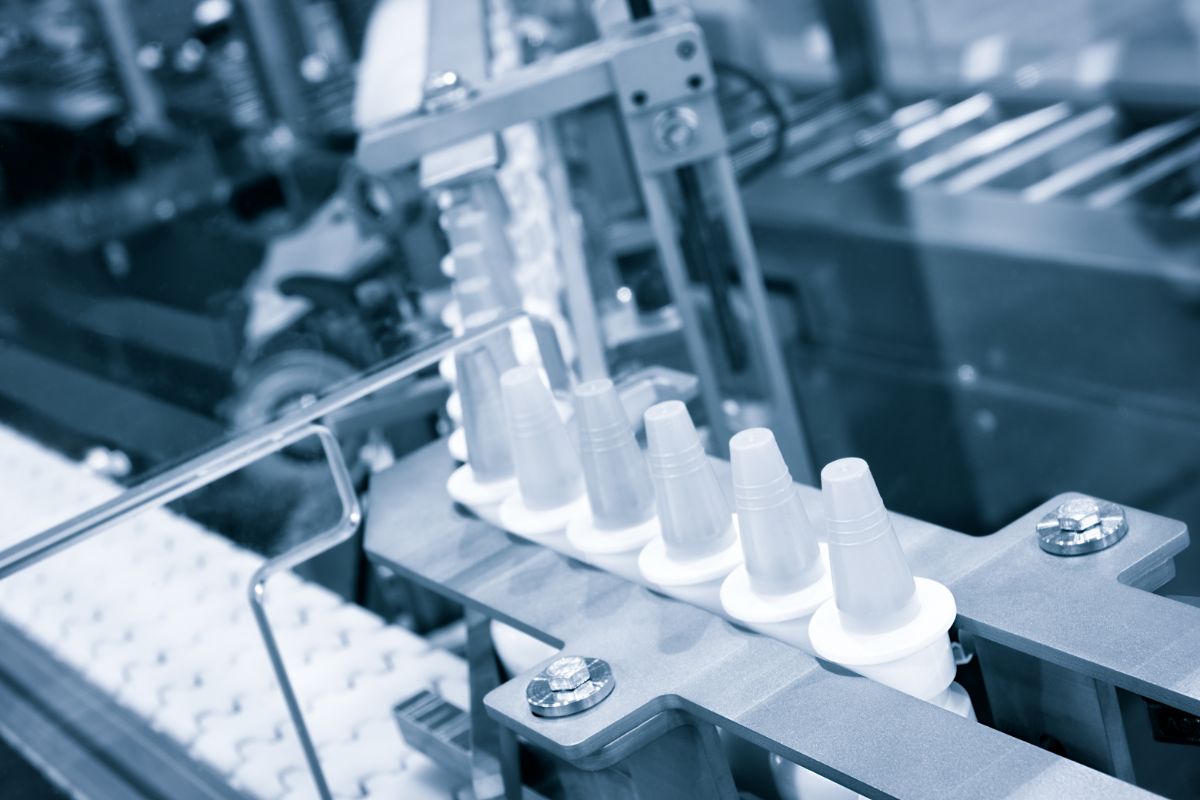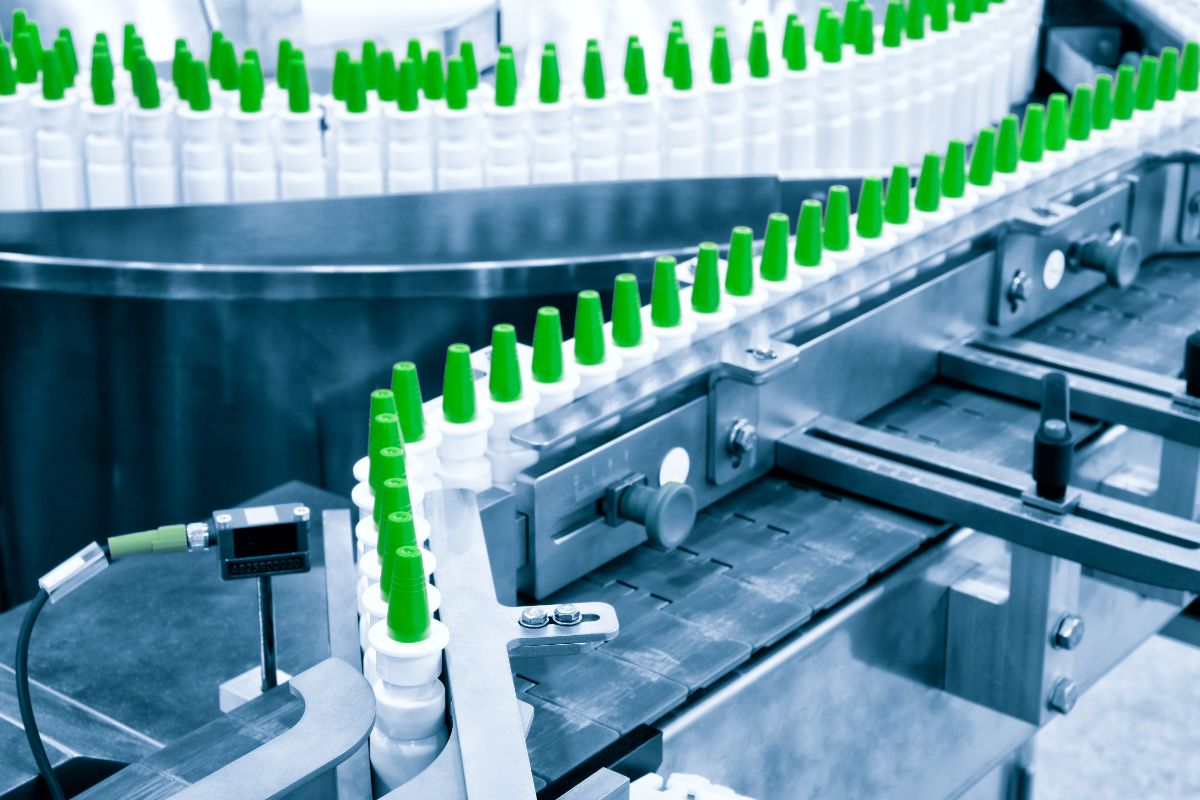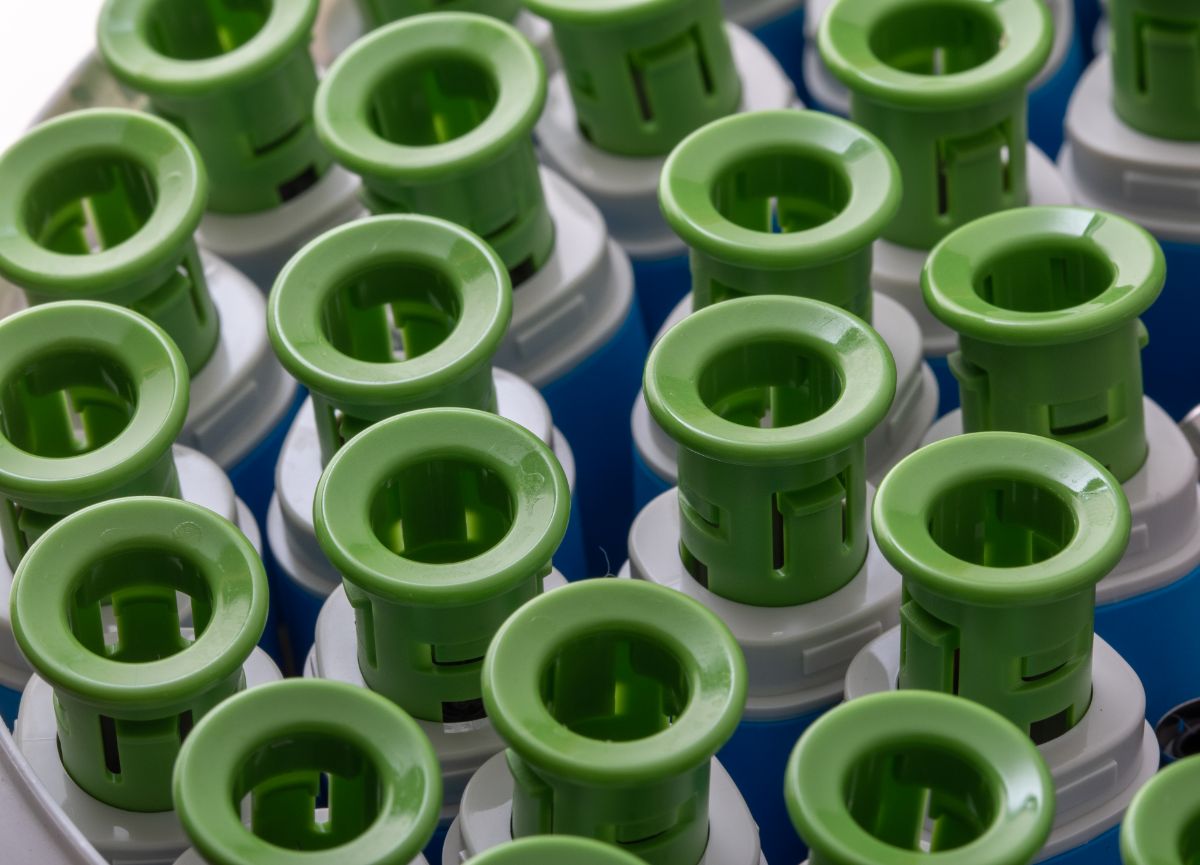November 17, 2022
Role Of Precision Plastics In Different Industries

Like anything that’s made, there are degrees of perfection — and this is also true in manufacturing methods like plastic injection molding. Some plastic products require a high level of detail and precision, as they need to meet exact standards and specifications. This is where services like precision plastic injection molding step in. This helps you build molds within very tight tolerances, and takes into consideration the final application of the part to determine the best approach for manufacturing.
Let’s discuss further the role of precision plastics in different industries to give you a better idea of what this service can do.
Traditionally, automobile parts were made largely from metal. After all, they used to offer the best mechanical and physical properties out of all manufacturing materials.
But, the modern plastic industry has made several advancements when it comes to the kinds of resins we can use in injection molding. And, these resins now offer even more attractive qualities, compared to metals.
Plastics like polypropylene, polyurethane, and polyvinyl chloride are lightweight, affordable, long-lasting, malleable, and corrosion-resistant. These qualities help cars achieve better fuel efficiency and offer designers greater design freedom than metals.
Precision injection molding offers the high degree of precision that is needed for car parts. This method is used to create things like gears, sensors, fuel injection connectors, car multimedia, ECU housings, and more.

Household appliances, too, have demanding requirements that may be difficult for other plastic manufacturing techniques to achieve.
Plastic injection molders use precision molding and engineering resins to create the ergonomic features, low-heat, electrical conductivity, electrical insulation, color-ability, and clarity that many household appliances today need.

The strict sanitation regulations in the healthcare and medical fields mean that specialty plastics are a must for a variety of tools and devices. These plastics are engineered to withstand exposure to harsh cleaners and autoclave devices, on top of being safe for patients and healthcare practitioners to use.
There are several medical-grade plastics that plastic injection molders can use, but these require tight-tolerance machining for dependable accuracy. This is needed to create things like medical device components, laboratory tools and consumables, disposable personal protective equipment, pharmaceutical packaging, and delivery devices.
Things like microelectronics, circuit boards, and electronic housing are often made of plastic.
There are two main requirements for plastic injection molding to meet when it comes to making plastic components for electronics. The first is that the components themselves must fulfill even the smallest details in the design. Second, the plastics and manufacturing process must be tailored precisely to meet the needs of often sensitive electronic parts.
Precision plastic injection molding can meet the demands of electronic equipment. This method can achieve the efficient manufacture of reliable electronic components, which offer a variety of properties that are ideal for this application, such as antistatic or conductive qualities, high heat resistance, high mechanical strength, and more.
The telecommunications industry needs to create a network that is fast, reliable, and can service customers. Many telecommunications companies are also looking to cut downtime, reduce material costs, and create systems with stronger, longer-lasting parts.
And precision plastics help them do just that. Advanced engineering plastics, in particular, are very applicable in this industry. They offer key benefits, such as antistatic and static dissipation properties, extreme resistance to heat and corrosion, and suitability for outdoor applications — all of which in turn prevent overheating and damage to sensitive circuits. They also are easy to manufacture, which allows companies to produce custom part replacements quickly and avoid costly downtime.
Treatment plants in general are challenging environments to manufacture for, as they often entail exposure to extreme environments, treatment and cleaning products, and the like.
Wastewater treatment plants are included in this. Their environment means that any plastic must be able to withstand constant moisture, as well as severe chemical processing. Luckily, several types of plastic offer low porosity and high chemical resistance, which helps them from becoming corroded, as well as preventing the absorption of contaminants.
Precision plastics and injection molding are the ideal solutions for these facilities. They help create more sanitary and efficient waste treatment processes. Common precision plastic parts in this field include wear pads, seals, rollers, valves, connectors, brushings, drainage units, catch basins, and much more.
Plastic injection molding is a widespread manufacturing method, found in nearly every industry. In general, this method offers versatility and superior properties, which makes them a great choice for a variety of applications.
Under this are precision plastics, which have many roles in the same industries. The role of precision plastics in these fields is often to create better, more reliable products, all while lowering risk and costs for companies.
If you’re interested in learning more about precision injection molding, and whether it is a good fit for you and the product you have in mind, contact Richfields. We are a trusted plastic injection molder with years of experience in the precision plastics field — and we can help you fulfill the product you are thinking of!